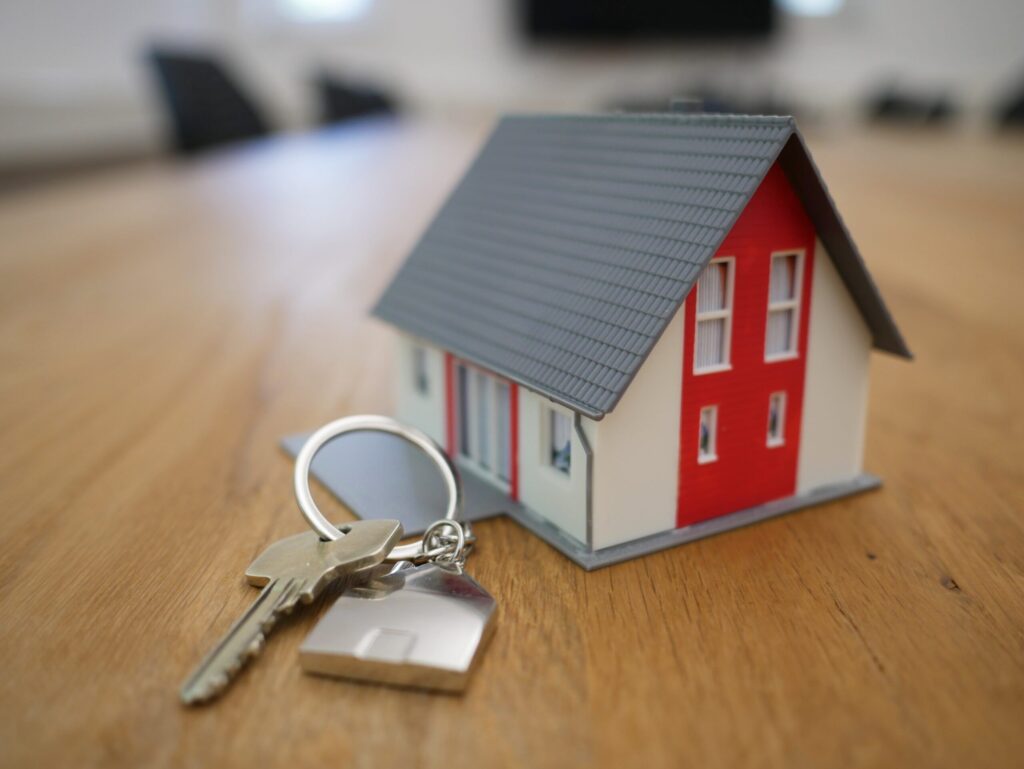Struggling with overwhelming debt and considering taking out a second mortgage to assist with your debt? What is a second mortgage? And how can it help? Simply put, a second mortgage is a second loan that is taken out on your property. You can borrow up to 80% of the value of your property, except the remaining balance of your initial mortgage. A second mortgage is a secured loan that is taken against your home equity. If you take out a second mortgage, you will have to repay both your second mortgage in addition to your initial mortgage. In this article, we will explain the implications of taking out a second mortgage to assist with your debt.
What is a second mortgage?
A second mortgage is a second loan taken out on a property you have that already has an initial mortgage. As you may expect, for the lender, this is much riskier than lending a first mortgage because it falls behind the initial mortgage that has been taken out. Should you as the homeowner miss or default on any of your second mortgage payments, or if your property were to be repossessed, the lender of the initial mortgage would be paid out first. The second mortgage lender, meanwhile, has a much higher risk of not receiving their payment in full. Subsequently, second mortgages come at much higher rates than initial mortgages. For anyone with an initial mortgage that has good credit and over 20% equity in their home, the most affordable second mortgage available may be a home equity line of credit, or a HELOC. On the other hand, should you have poorer credit and less equity, a second mortgage through a private lender is likely needed.
Why would I need a second mortgage?
A second mortgage is most commonly taken out to enable homeowners to consolidate debt. Despite typically having much higher interest rates than first mortgages, they are still often lower than alternatives like high interest credit cards, car leases, or unsecured lines of credit. Should you use a second mortgage to consolidate your debt and make other payments in time, your credit score can see improvements. This could also enable you to qualify for a mortgage with a regular lender sooner as another advantage of a second mortgage.
What do you need to take out a second mortgage?
In order to qualify for a second mortgage, potential lenders will assess you for a variety of different criteria. The first of these is equity – the more equity in your property that you have, the more likely you will qualify for a second mortgage. If you do not have a lot of equity, a large down payment can help to decrease the risk that a lender takes on. They may also want to see evidence of regular payments for utilities, insurance, and so on. Lenders naturally also want to see your income to ensure you can make your second mortgage payments reliably. Other criteria to be reviewed includes your credit score as the higher your score, the lower your interest rates will be. Finally, because of the risks associated with a second mortgage, lenders will want to secure the loan against your property or assets just in case you default on your mortgage payments.
How much will a second mortgage cost?
Interest rates on second mortgages are typically higher than those on first mortgages because of the higher risk involved for lenders. As well as the higher interest rates, you may find that there are often a number of fees to factor into the overall cost also. These fees include administrative costs like appraisal fees, title searches, title insurance, and legal fees. You should also note that debt consolidation through a second mortgage to provide funds for repaying debts or purchasing new assets will not likely increase the value of your property.
What are the risks of a second mortgage?
A second mortgage is a risky way of repaying any debts you have including credit card debt and payday loans. In fact, sometimes it can have a reverse effect to the desired outcome, instead leading to larger overall debt. This is most often due to the increased monthly payments that are now due. Should you not be able to make your second mortgage payments, miss them, and your loan goes into default, you could well lose your home. It could be repossessed and sold to pay off both of your mortgages, with your initial lender paid back first. This knock on effect will make it difficult for you to take out another mortgage in the future, especially as it will impact your credit score. A second mortgage, therefore, is not a decision to be taken lightly.
What are the alternatives to a second mortgage?
Thankfully, there are plenty of alternatives to second mortgages, and most often they are much less riskier. Alternative debt relief solutions include filing a consumer proposal. A consumer proposal is a legal negotiation of your monthly debt repayments, often reducing debt by up to 80%. As well as being cleared of most of your unsecured debt, you are also able to keep your assets and the equity in your home. A stay of proceedings will also be generated, permanently preventing collection agencies or creditors from contacting you. Learn more about what happens to your assets when filing a consumer proposal. As well as freezing interest and penalties, you are granted a fresh financial future. Another alternative to a second mortgage is bankruptcy, which is the process of assigning any non-exempt assets to a Licensed Insolvency Trustee in exchange for clearance of your debts.
If you want to learn more about second mortgages in Canada, your first port of call should be talking to an experienced Licensed Insolvency Trustee. At Spergel, we can review your finances and advise you on the best method of debt relief. We have helped over 100,000 Canadians gain debt relief, and we can help you too, so book a free consultation today.



















